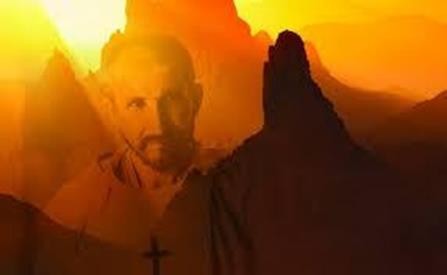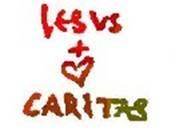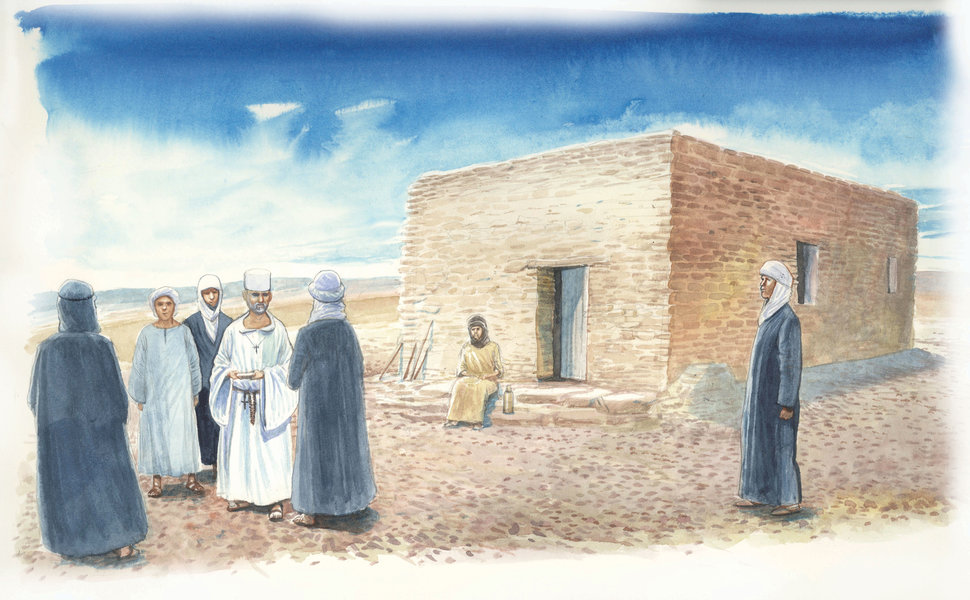(Español) Al samaritano no le hicieron falta 4.080 caracteres. Josep DALMASES
(Español) Noticias y Comunicaciones nº 298
(Italiano) Diario Italiano 128, luglio 2021
August 2021 Retreat Fraternity Spain
The priestly fraternity Iesus Caritas of Spain organizes, as every summer, its annual retreat, from Sunday, August 22, at night, until Friday, 27, in the afternoon, in the House of Spirituality “Santa María” (Javerianas ), in Galapagar, Madrid.
Talks, prolonged adoration, silence, life review, a full day in the desert, celebration in fraternity of the Liturgy of the Hours and the Eucharist… Everything to help us grow in our spirituality and share our life.
 This year’s themes will be an interior preparation for the next canonization of Brother Carlos. Thus, at 10 a.m. each day, except for Thursday, 26, the desert day, we will have the following talks and animators:
This year’s themes will be an interior preparation for the next canonization of Brother Carlos. Thus, at 10 a.m. each day, except for Thursday, 26, the desert day, we will have the following talks and animators:
- Jesús CERVERA (telematically, from Algeria): Permanent conversion and the desire to go to those who are furthest away.
- Gabriel LEAL: Dynamic of brother Charles towards the peripheries.
- José VIDAL: The spiritual heritage of Charles de FOUCAULD.
- Aquilino MARTÍNEZ (regional manager): Introduction to the desert
- Mateo CLARES: Charles de FOUCAULD, the universal brother.
At the moment, there are 18 brothers who are going to participate physically.
 The retreat may be followed electronically, due to the pandemic situation, communicating with enough time to Aquilino (regional manager) the desire to participate.
The retreat may be followed electronically, due to the pandemic situation, communicating with enough time to Aquilino (regional manager) the desire to participate.
Mobile: +34 629 53 03 79.
Email: aquilinomartinez@telefonica.net curaqui@hotmail.com
We encourage brothers from Spanish-speaking countries and any interested priest anywhere in the world to participate.
(Italiano) Piccoli Fratelli Jesus Caritas, luglio 2021
(Español) Carlos de FOUCAULD, familia espiritual. Parte I
Retrait of the Flemish Fraternity and Belgium, July 2021
 To the Brothers of the Francophone Priest Fraternity in Belgium/the European Fraternity/the World Fraternity
To the Brothers of the Francophone Priest Fraternity in Belgium/the European Fraternity/the World Fraternity
We are delighted to be able to report to you that we will be able to hold our retreat with the Flemish Priest Fraternity corona-free. From Sunday evening 11 July to Saturday morning 16 July, 13 priests will come together at Wavreumont Abbey. Twice a day we will individually read a chapter from the book With a Name and a Face. Dynamics of Biblical Faith of the CCV Ghent, Halewijn, 2016. Afterwards we gather around it in fraternity groups to discuss it.
Furthermore, we take care of the morning prayer together and the Eucharist. There is also a desert day that ends at the celebration of reconciliation.
We commend our being together to you and hope to be prayerfully united with you.
We are very grateful to you.
Peace and all good things
André Foulon (responsable), Guido Debonnet en de Vlaamse priesterfraterniteit
PDF: Retrait of the Flemish Fraternity and Belgium, July 2021, en



